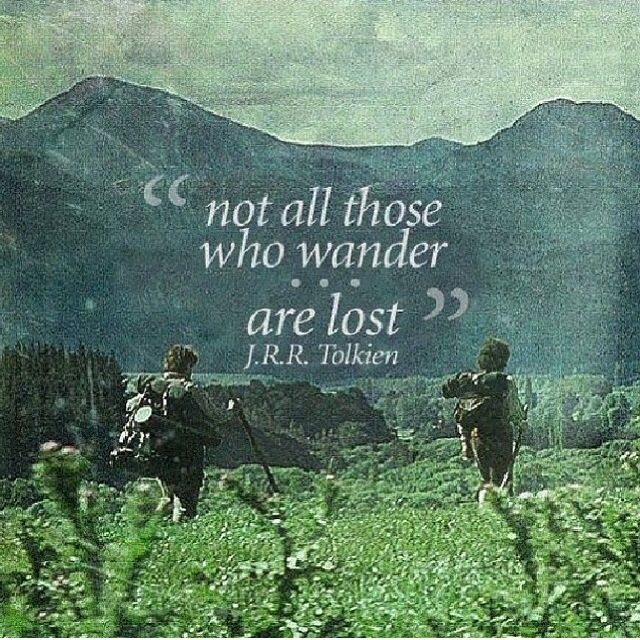 While I recently posted about Why I am engaging in #rhizo15 and Learning Liminality I have still somehow avoided discussing my Learning Subjectives (as learning objectives are not readily possible when we do not know where we are going).
While I recently posted about Why I am engaging in #rhizo15 and Learning Liminality I have still somehow avoided discussing my Learning Subjectives (as learning objectives are not readily possible when we do not know where we are going).
Perhaps this is because I so often avoid personal learning objectives.
I frequently retreat into researcher mode. Specifically as a qualitative researcher, where I always want to ask questions such as, “Why?, “Tell me what you mean by that?,” and “How did you…?” I often avoid making declarative comments, statements, or proclamations as, more often than not, I am wrong in some way. I hate being wrong, and find it easier to commit to the extent I can speak to, while avoiding presenting myself or my ideas narrowly that I somehow exclude other possibilities.
This all begs the question, what are my learning subjectives for #rhizo15?
Wow, I really do not know.
It is easy to say, “To build my network,” but that somehow seems to be a bit selfish, as if I am participating only to increase numbers or “get” stronger contacts (as if I go and “get” groceries or “get” 2% return on investments). The fact is (and I hate talking “facts” when engaging in social science research) that I do not know how #rhizo15 will increase, decrease, expand, contract, or otherwise alter my network. I have no idea how people will reply to my thoughts, ideas, or contributions (not to mention my struggles, conflicts, or confusions).
I can even list my “subjectives” as “To gather research ideas,” “Develop new career leads,” or “Use this as a purpose to interact with some really smart people.”
Perhaps many of these ideas have some (potential) merit, though I am not sure. In ways, I am scratching my head as to why I am engaging in #rhizo15 at all. Perhaps this is exactly to the point that Dave Cormier had in his Welcome post, inviting us to think about what we want, and why.
I am comforted by the words of Tolkien:
Not all those who wander are lost
This is why I am engaging in #rhizo15, wandering allows a certain openness to happen, like the finding of Threshold Concepts or Transformative Learning when one confronts disorienting dilemmas. Wondering with openness can lead to some interesting places. To this point:
The joy is in the journey, wherever it may lead.
What is my #rhizo15 Learning Subjective? http://t.co/7zSbGs47e3
RT @JeffreyKeefer: What is my #rhizo15 Learning Subjective? http://t.co/7zSbGs47e3
Reading your post, C.P. Cavafy’s “Ithaka” came to mind, http://www.cavafy.com/poems/content.asp?cat=1&id=74.
I don’t know where I’m headed either, let alone know when (or even if) I get there. The “Practical” part does suggest utility or some application, but we can hardly know what that would be yet either.
Love love love this post by @JeffreyKeefer http://t.co/yFK1qoOnJr #rhizo15 – it won’t let me comment so will tweet my comments!
At least I was able to pull your Tweet into the post, @Bali_Maha!
I like the fact that you admit you don’t know. I am reminded how important it is to stay still and quietly before jumping in – like the pianist who sits poised and makes the audience wait before playing. In this case admitting not knowing and staying in the wondering is important for an honest start. Thanks for helping me think about that, Jeffrey.
I really appreciate your thoughtful comment, Tania. Thank you!